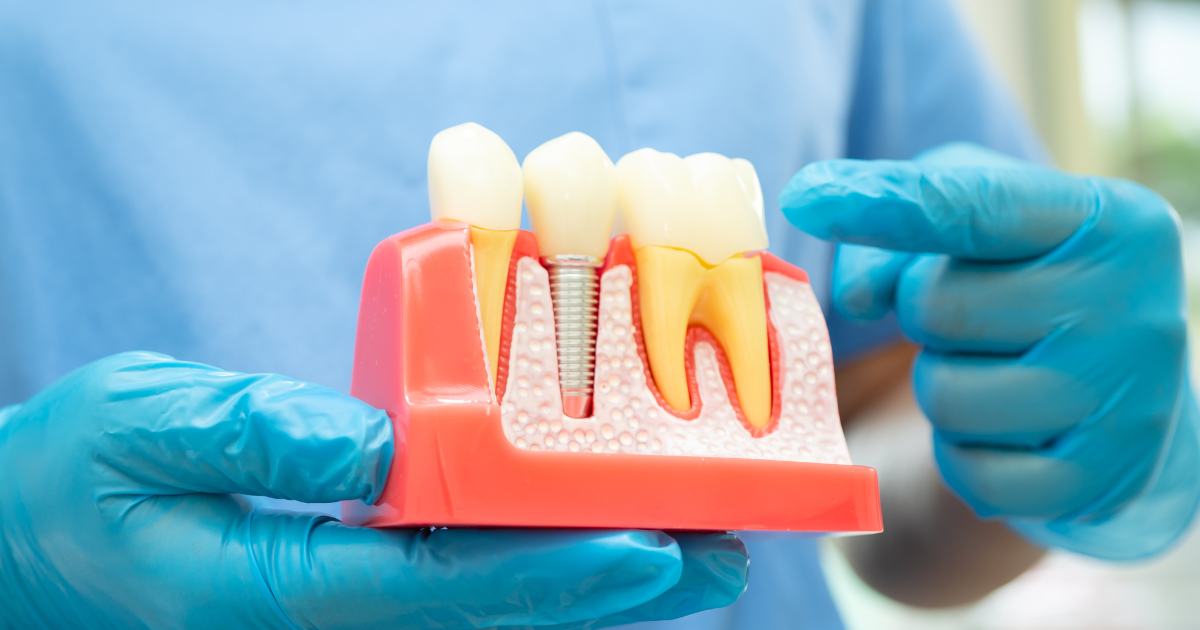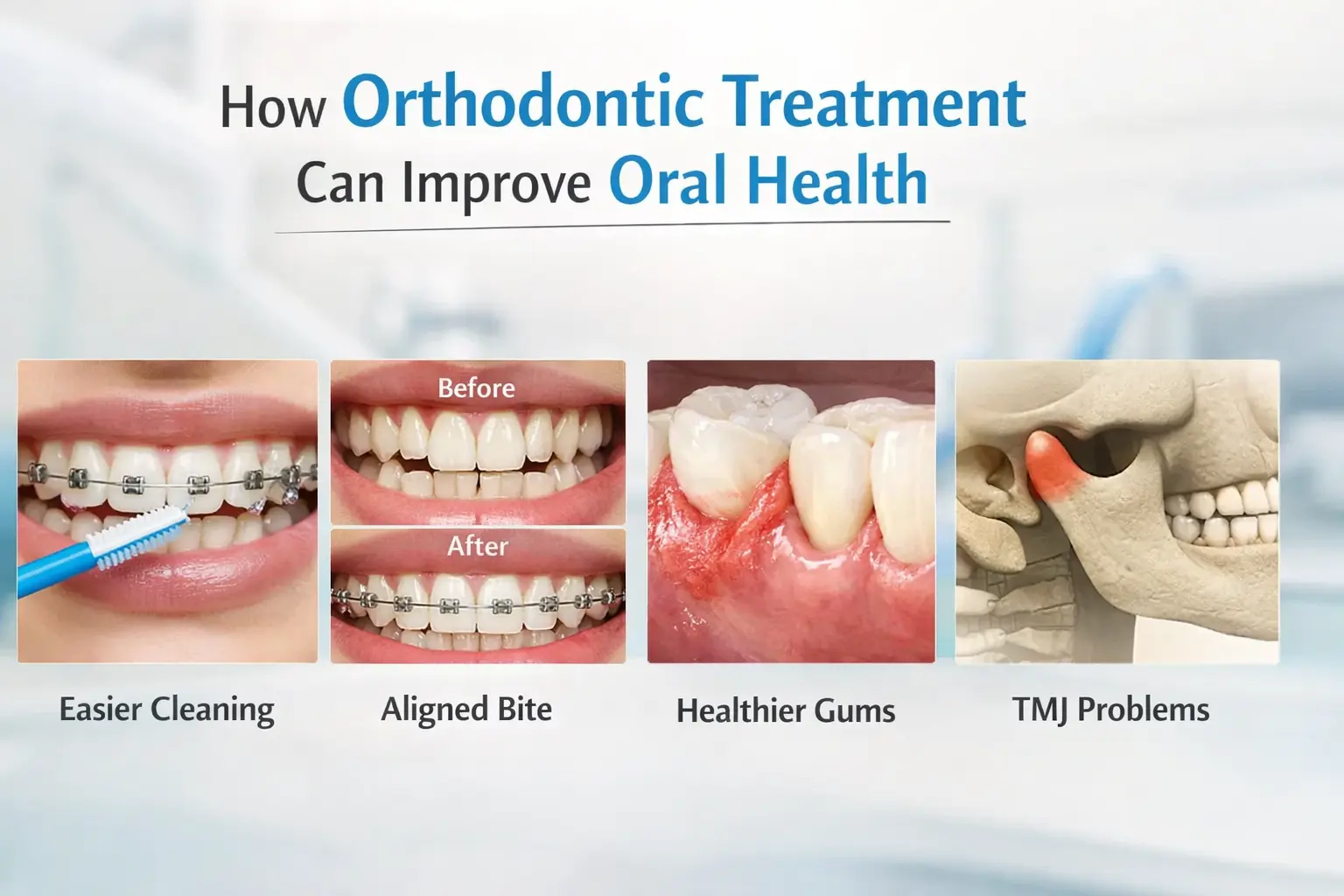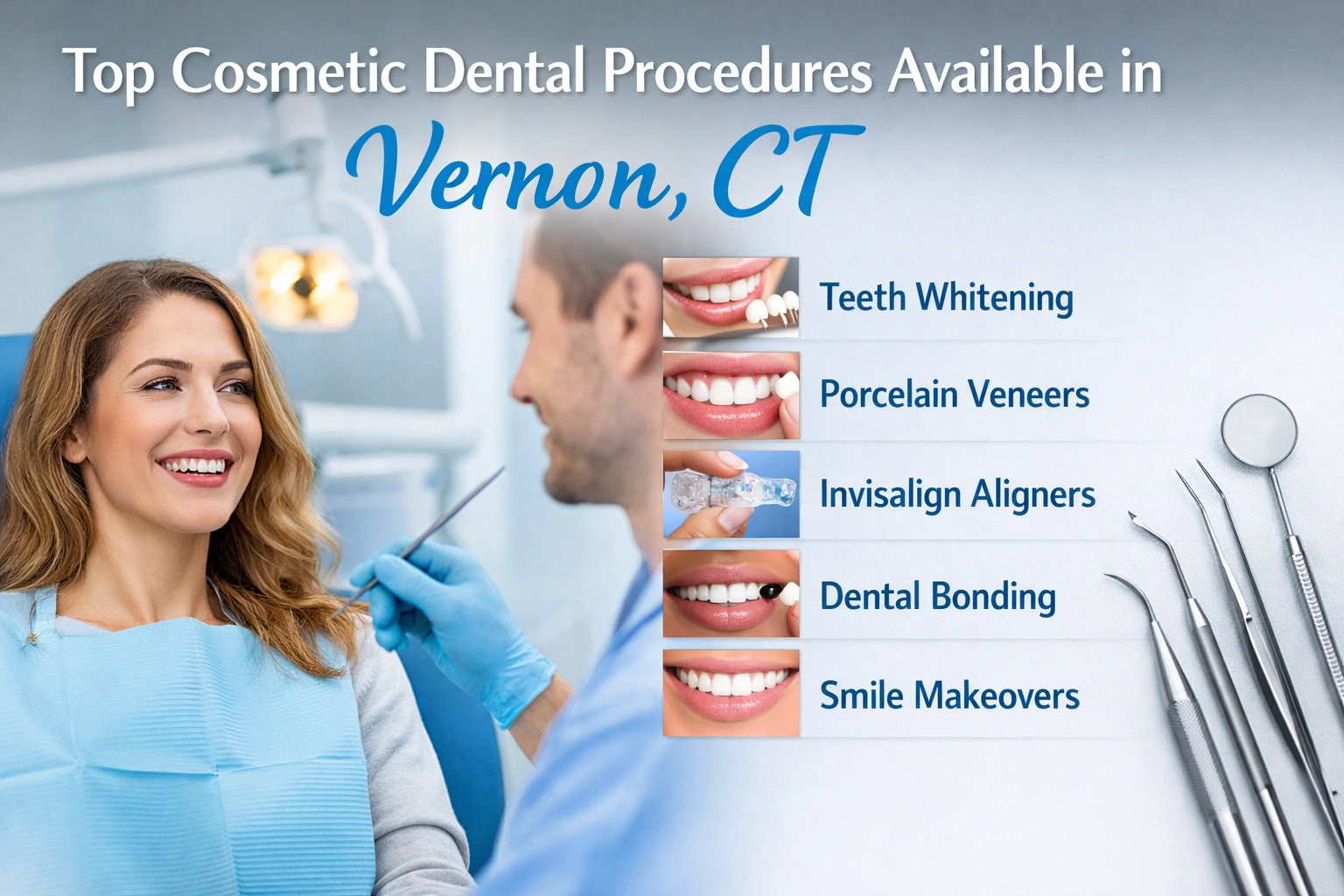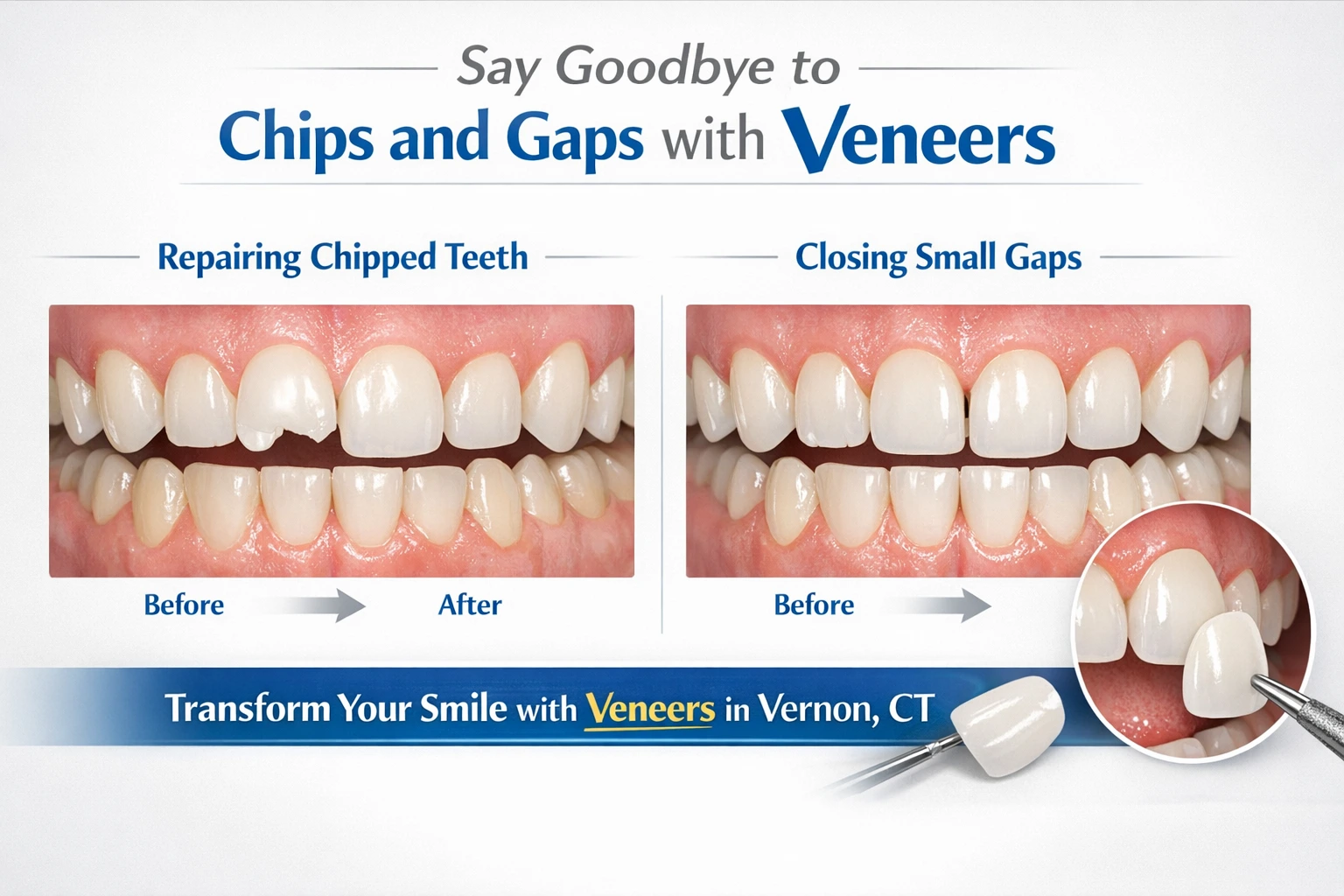
September 10, 2024
Dental Implants
Dental implants are an effective way to replace missing teeth and restore your smile, but what if you have gum disease? This is a common concern for many people, as gum disease can impact the health of your gums and bones, which are essential for supporting dental implants.
Let’s explore what you need to know and how your oral health plays a role in this process.
What is Gum Disease, and Why is It A Problem?
Gum disease, also known as periodontal disease, is an infection of the gums caused by plaque buildup. There are two main stages:
- Gingivitis: This is the early stage and is reversible with proper care.
- Periodontitis: This is more severe and can lead to bone and tooth loss if left untreated.
Gum disease weakens the foundation of your teeth by damaging the gums and bones. If you are considering dental implants, having healthy gums and sufficient bone structure is essential to support the implant post.
Can You Get Dental Implants with Gum Disease?
Having gum disease doesn’t automatically disqualify you from getting dental implants, but it does require special attention. The presence of active gum disease can lead to complications during the implant process. However, with proper treatment, you may still be eligible for dental implants Vernon.
Here are a few points to consider:
- Gum disease must be treated first: If you have active gum disease, your dentist will recommend treating it before proceeding with implants. This might involve deep cleaning (scaling and root planing), medications, or surgery.
- Bone health is crucial: Dental implants need a strong and healthy jawbone to anchor the implant. Periodontitis can cause bone loss, so your dentist Vernon will assess whether your bone is sufficient for the procedure.
- Bone grafting may be necessary: If gum disease has caused bone deterioration, a bone graft may be required to build up enough bone for the implant.
Treatment Options Before Dental Implants
To ensure the success of dental implants, your dentist will focus on treating any gum disease before the procedure. Here’s what the treatment may involve:
Deep Cleaning (Scaling and Root Planing)
This non-surgical procedure removes plaque and tartar from below the gumline, helping your gums heal and reattach to the teeth. It’s often the first step in reversing gum disease.
Medications
Antibiotics may be prescribed to control the infection and help reduce inflammation. These can be in the form of oral antibiotics or gels applied directly to the gums.
Gum Surgery
In more severe cases, surgery might be needed to remove infected tissue or reshape the gums. This can also include bone grafting, which helps rebuild the bone lost due to periodontitis, making it possible to proceed with dental implants later on.
How Dental Implants Work After Gum Disease Treatment?
Once your gum disease is under control, the process of getting dental implants Vernon can begin. The steps typically include:
- Consultation and Evaluation: The dentist, Vernon, will evaluate your gums and jawbones through x-rays or scans. This helps determine if you’re ready for implants.
- Bone Grafting (if needed): If there’s significant bone loss, a bone graft may be required before implant placement.
- Implant Placement: After ensuring healthy gums and enough bone, the implant post is surgically placed into the jawbone.
- Healing Period: The bone needs time to fuse with the implant post, usually taking several months. During this time, your dentist Vernon, will monitor the healing process.
- Crown Placement: Once the implant has fully integrated with your bone, a dental crown is attached, completing your new tooth.
Maintaining Gum Health After Getting Dental Implants
Once you have dental implants, maintaining gum health becomes even more critical. Poor oral hygiene can lead to peri-implantitis, a condition similar to gum disease that affects the tissues around the implant. To avoid this, it’s important to:
- Brush and floss daily to remove plaque buildup.
- Visit your dentist regularly for cleanings and checkups.
- Avoid smoking, as it can hinder the healing process and increase the risk of implant failure.
- Eat a balanced diet to support your overall oral health.
Can Dental Implants Fail Due to Gum Disease?
While dental implants have a high success rate, gum disease can still affect their long-term stability. If gum disease reoccurs after implant placement, it can cause inflammation and infection around the implant, leading to bone loss and potential failure.
However, with proper care and regular dental visits, you can significantly reduce the risk of implant failure due to gum issues. Your dentist Vernon will provide guidelines on how to protect your implants and ensure that your gums remain healthy for years to come.
Is Getting Dental Implants After Gum Disease Right for You?
If you’re considering dental implants but have concerns about gum disease, it’s important to talk to a dental implants Vernon specialist. Every case is unique, and your dentist can offer tailored advice based on the condition of your gums and bones.
With the right treatment plan, it’s possible to restore your smile with dental implants, even if you’ve previously dealt with gum disease. Remember, the key is early intervention, proper treatment, and consistent follow-up care to ensure the long-term success of your implants.
Recent Posts

Top 5 Reasons Vernon Residents Should Consider Early Airway Orthodontic Screening

How Orthodontic Treatment Can Improve Oral Health

Top Cosmetic Dental Procedures Available in Vernon, CT

How Veneers Address Structural Imperfections Like Chips And Small Gaps

